From McKinsey & Company (June 15, 2020):
As travel companies redesign their traveler experiences to address risks and anxieties related to COVID-19, they should remember that the pain points and trends that existed before the crisis—such as the shift toward a more digital and personalized journey, and an increased emphasis on wellness and sustainability—have not gone away.

Many initiatives can make the travel experience simultaneously better and safer. Housekeeping services, for instance, will need to adjust for safety concerns, but revised protocols can also reduce environmental impact (such as through less-frequent  laundering of sheets during each stay), decrease cost, and give guests more flexibility (by letting them choose their own housekeeping schedule).
laundering of sheets during each stay), decrease cost, and give guests more flexibility (by letting them choose their own housekeeping schedule).
Companies should empower customers to build their own itinerary using smarter, connected digital tools and make it easier for them to modify or cancel their plans. In addition, companies must recognize that the factors that promote customer loyalty may now have shifted; near-term uncertainty may mean, for example, that the ability to cancel a reservation matters more than brand choice or price.
Read full article
The Economist (August 10, 2023) – Non-cash payments are on the rise all over the world. Our writers explain how digital technology has changed the way consumers shop in three important markets: America, China and India.

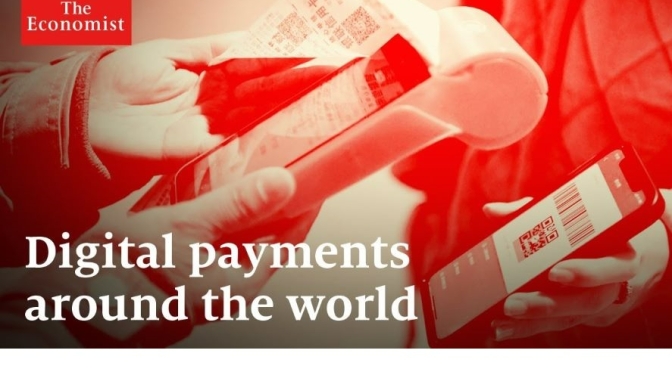
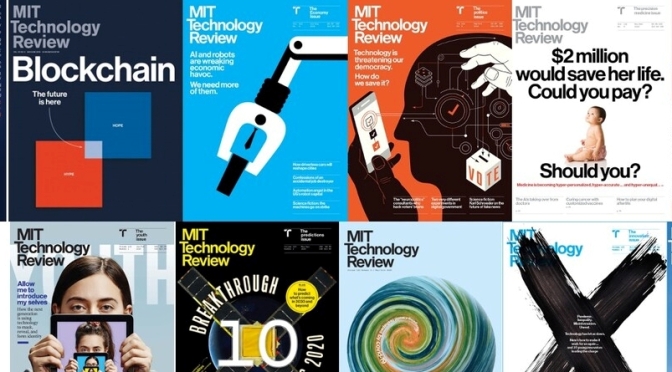
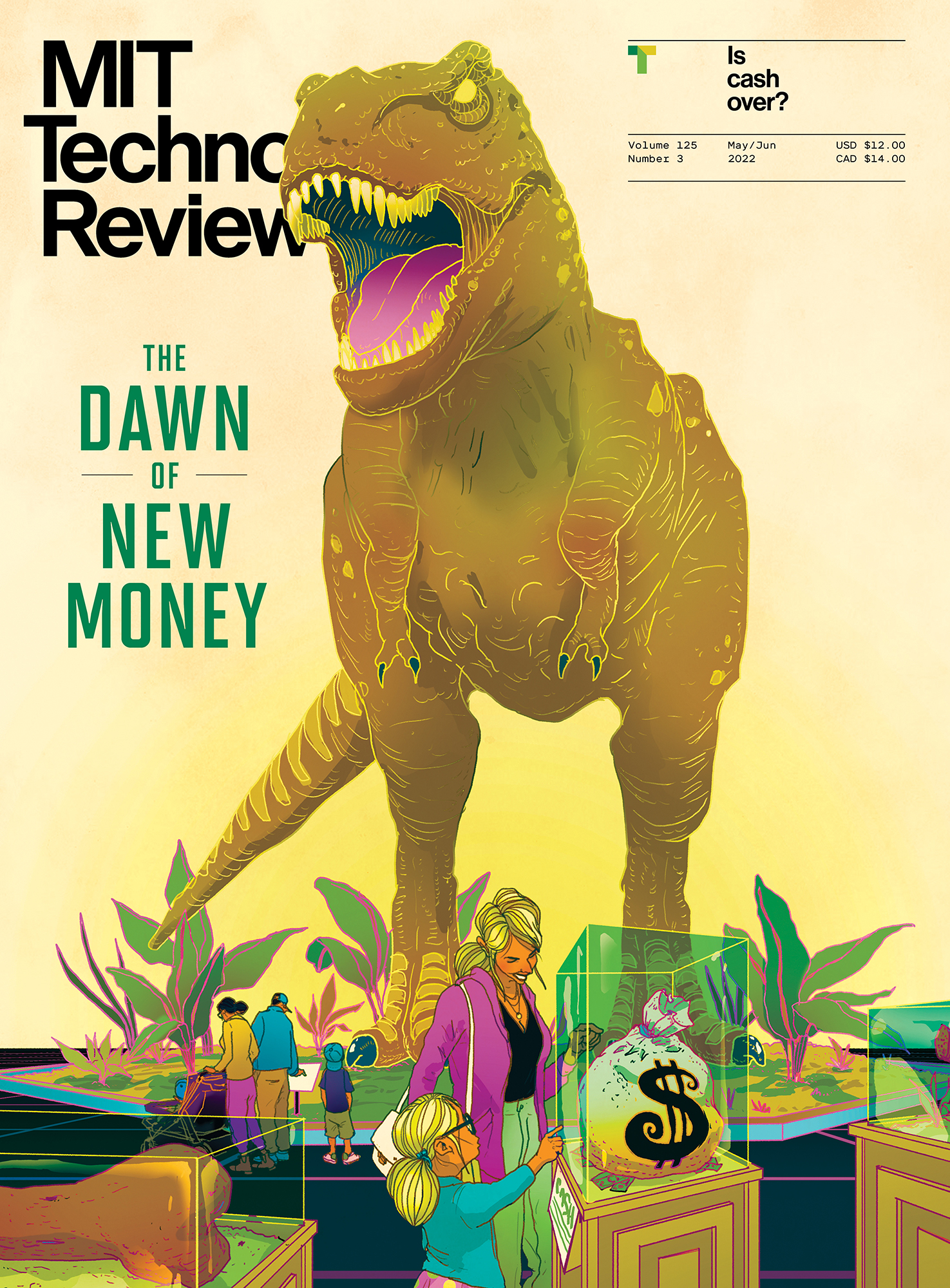
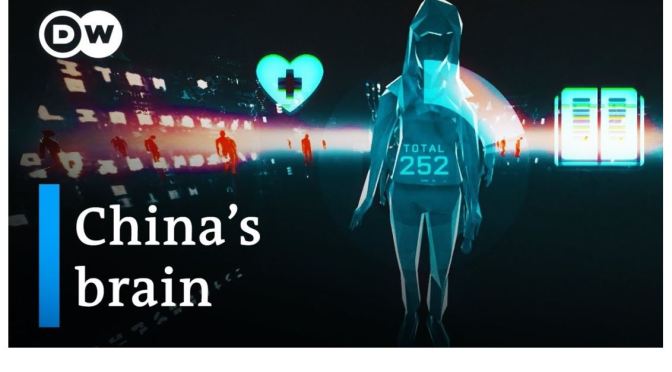


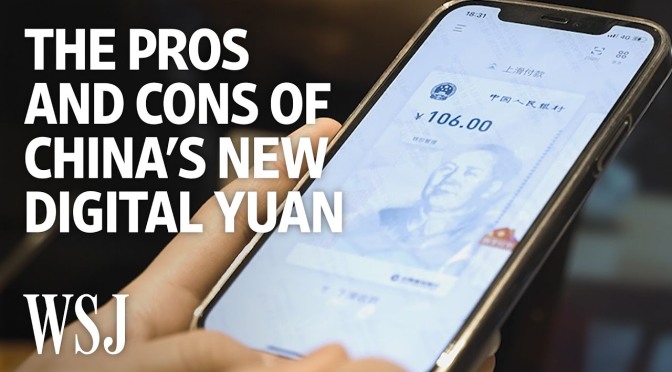



 laundering of sheets during each stay), decrease cost, and give guests more flexibility (by letting them choose their own housekeeping schedule).
laundering of sheets during each stay), decrease cost, and give guests more flexibility (by letting them choose their own housekeeping schedule).
